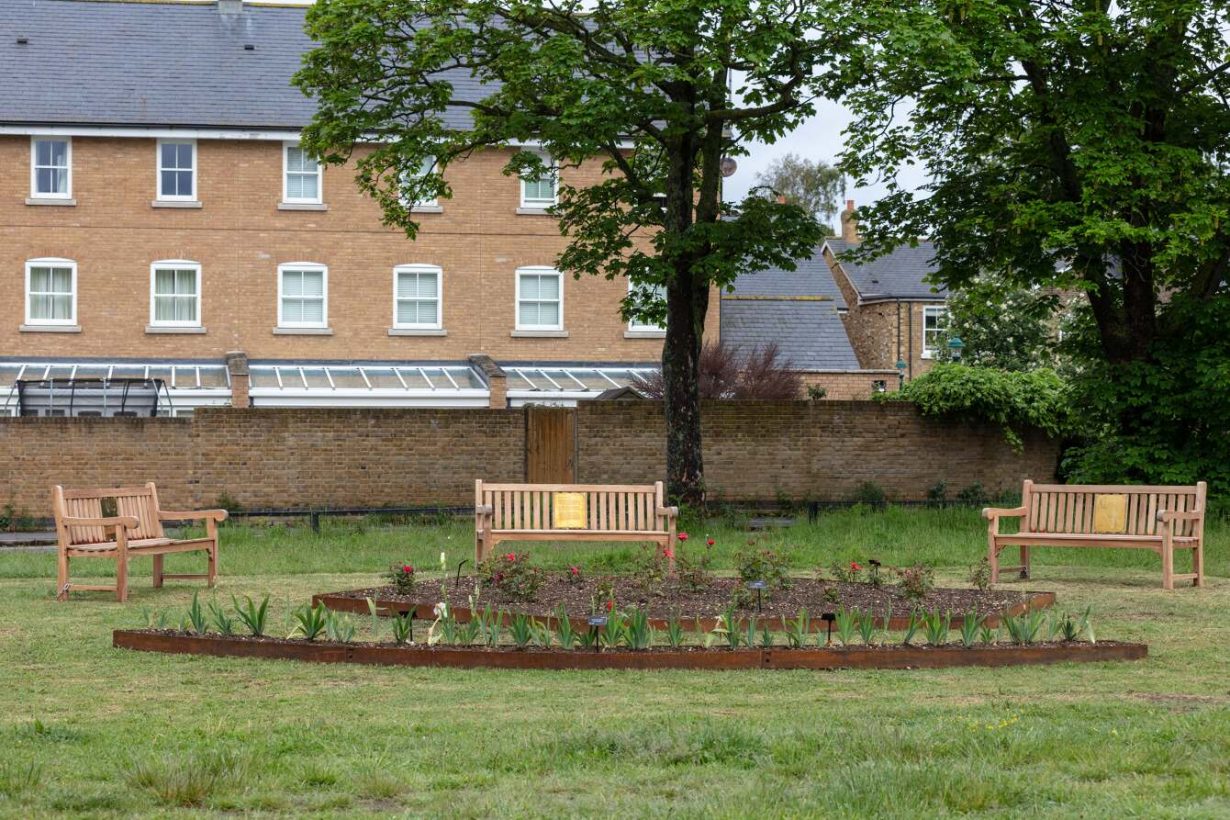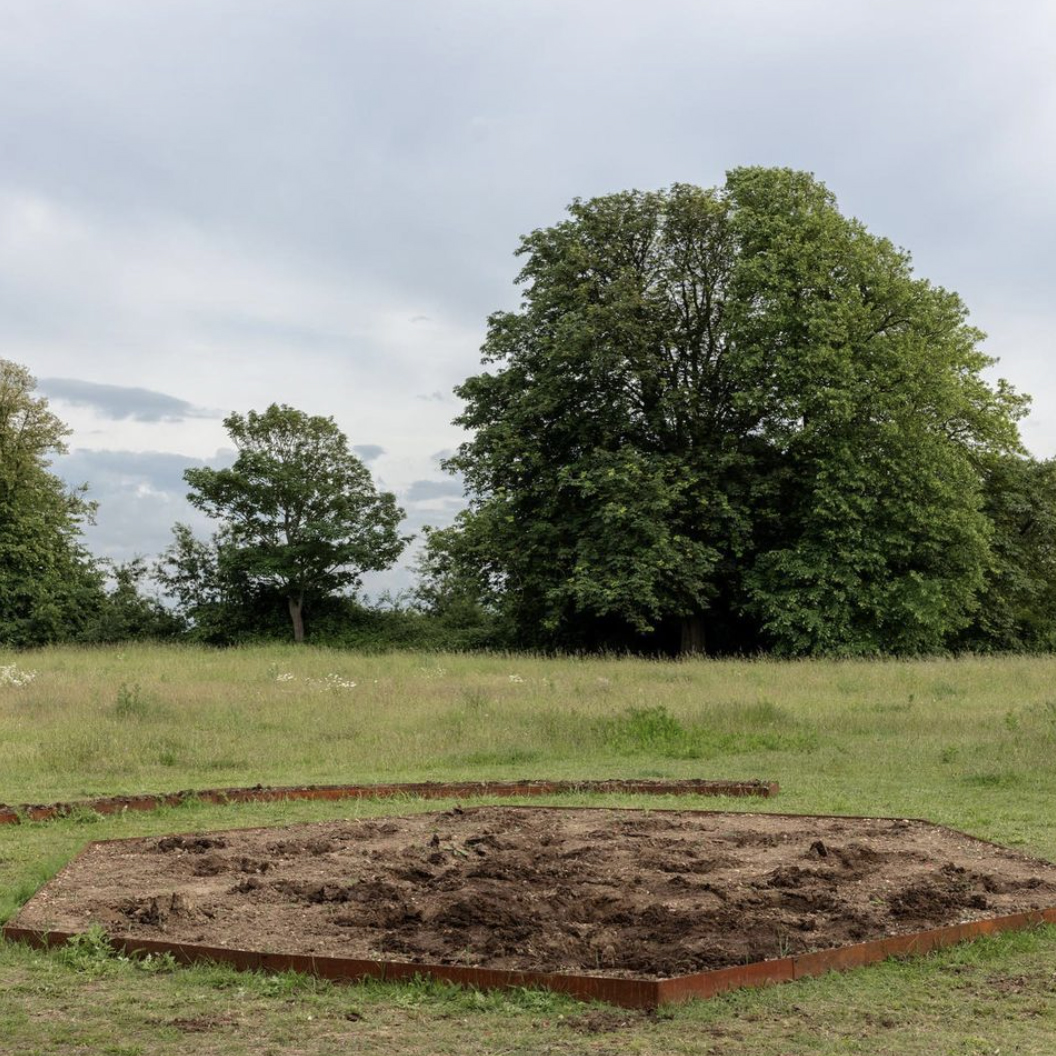
An artwork, in the form of a rose garden, has been removed from the Estuary 2021 art festival on England’s southeast coast after local councillors objected to its anti-nuclear message.
An English Garden by Australian artist Gabriella Hirst was installed in a park in the seaside town of Southend, planted with ‘Atom Bomb’ roses. A plaque noted that Britain’s first nuclear weapon was assembled close by in 1952, but that it was then shipped to indigenous territory in Australia for testing. The garden, the artist wrote, ‘reflects Britain’s historical and ongoing identity as a colonial nuclear state’.
This raised the ire of a group of Conservative Party local councillors. The Old Waterworks, the art centre which commissioned the work alongside Metal, the festival organisers, claimed in a statement: ‘A demand was made to alter the text contained in the plaque under supervision which undoubtedly would have changed the content and meaning of the artwork, shifting the work’s intentions and putting words into the artist’s mouth.’
‘History is not simply a celebratory fanfare and it is everyone’s right to be able to explore the nuances of this shared history and how it has ongoing impacts today.’
Metal decided to remove the work, which received funding from Arts Council England, rather than have the text altered, a decision which Hirst has objected to.
In a statement posted to social media, Hirst alleges she and the work’s curator were threatened with bad publicity: ‘We were given a 48 hour ultimatum to remove the work before the Council would intervene to censor the “offending” plaque, and subject the work and associated arts communities to a national media campaign that would frame the work as “a direct far left wing attack on our History, our People and our Democratically Elected Government.”’
The statement by the Old Waterworks continues: ‘There has been no positive engagement with the councillors who threatened to play out the dialogue across the media, bypassing all attempts of reasonable discussion. As a result, our co-commissioners, Metal, who hold the site agreement for the installation, ultimately decided that the artwork be removed earlier than anticipated. This was primarily due to ensuring the wellbeing of all those involved in the artwork’s installation and exhibition for Estuary 2021.’

Leading the opposition to the work is councillor James Moyies, a former director of the Vote Leave campaign in the east of England, who rejoined the Conservative after spells at both UKIP and as an independent, though The Old Warterworks claimed statements by the local politician ‘grossly misinterpret the artwork and provide inadequate and vague justifications with no satisfactory evidence.’
An English Garden was part an ongoing research project by Hirst into the Rosa floribunda ‘Atom Bomb’, a rose created by German breeder Reimar Kordes in 1953 in the midst of the Cold War arms race; a by-product of the public fascination with emerging nuclear technologies. Despite early market success the flower is now seldom found in public gardens and is arguably nearing extinction.
James Moyies and Southend Council were approached for comment.